The Grammys have long been associated with all the glitz and glamour that comes with the music industry. But, a few years ago, it became more than that as the Grammy Foundation started including music educators in their awards show.
And, while the award has had its limitations (underrepresentation of women in education, for example), it still provides a much needed platform to amplify the work of not only the winner but the nominees.
We have had F-flat representation for the past three years, and we are excited to see that representation grow this year! This year, THREE of our F-flat authors are semi-finalists for the Music Educator Grammy Award, and we want to celebrate their achievements as community members.
Jasmine Fripp, Coty Raven Morris, and Alice Tsui have all received nominations that have landed them in the top 25 nominees out of hundreds of initial applicants. As I was reflecting on the impact that these three incredible women have made, I thought about the books that they’ve published with us and found an important connecting thread.
All three educators have centered on affirming students in their work. Not only have they used affirmations in their classrooms and presentations, they’ve created resources to empower other educators to do the same.
So, in honor of Jasmine, Coty, and Alice, we’re going to dig into the idea of affirmations and why they are important for the music classroom. I caught up with all three of these educators to learn more about their philosophy on affirmations and what this nomination means to each of them.
Table of Contents
Why did you start using affirmations for yourself and your students, and did it change your classroom culture?
Jasmine: Building confidence has been a challenge within my school’s culture. When this became apparent to me, I decided to create an affirmation that my choir kids could carry with them throughout life. At the beginning of every rehearsal, we start with the following affirmation- “We start together, we end together. When things get tough, ‘you gots ta see it through, my boy.’ We are what we repeatedly do therefore, excellence is a habit.” This affirmation really hammered home the importance of family, resilience, and excellence. Students became confident in knowing no matter what happens during rehearsals or performances; they are not in this alone. When things become difficult during rehearsal, they remember the importance of seeing things through. It may not feel good at the moment, but they’ve witnessed how rewarding resilience can feel- so continuing the journey is a must. Lastly, this affirmation reminds them that excellence is not achieved in one simple act- it happens with repetition. These affirmations honestly carry them through rehearsals, performances, school, and in life.
Coty: It’s the most authentic way that I go about teaching, because I speak in rhyme, in methodic ways that allow people to practice building habits with catchy, easy-to-remember statements. We are being bombarded with statements around us all the time. Having things that are positive and reinforce character development and self-awareness helps shift the culture and create students who are empowering each other.
Alice: I did not grow up with the use of any affirmations. It wasn’t cultural for me. I started using affirmations after a school-wide initiative to introduce affirmations to students. Only after starting to introduce affirmations to students did I start to verbalize them for myself through musical contexts. I then started to see the shifts within students in talking about themselves within our musical community.
What is one affirmation you wish you had for yourself as a child?
Jasmine: “I am smart. I work hard. I am beautiful just the way that I am.” This is an affirmation that I created for my daughter, Carmine- but I wish I had this affirmation when I was younger. This affirmation is all about self-acceptance and knowing you are enough. The need to be perfect and fit in was a struggle of mine as a child…and sometimes as an adult. Creating this affirmation for my daughter is my valiant attempt to break the cycle of perfectionism.
Coty: There’s one that I say now to some folks that I’m happy to pass along. “Guilt is the body’s way of saying ‘time out’, not ‘give up’.” When anxiety comes at us so intensely, and we make a mistake and feel like we need to crumble and sacrifice ourselves, it’s good to know that it’s just an opportunity to step back and reevaluate. We shouldn’t punish ourselves when it’s just an opportunity to learn.
Alice: My voice matters.
How do you approach balancing your desire for musical excellence and desire for meeting students’ social-emotional needs in the classroom?
Jasmine: Joy before excellence- ALWAYS. I wholeheartedly believe that if students (and teachers) are not happy, excellence will not exist. Of course, there is joy in being excellent, but creating a culture of excellence requires resilience, a sense of belonging, confidence, and more. If students are not happy and constantly building relationships with one another, it makes it harder to strive for excellence in difficult times. Joy has to be centered so that excellence can exist.
Coty: The thing about finding that balance is that folks think it’s something you have to pick and choose. Here’s an example. I work with college choir students with mixed skill sets and levels of performance. The music literacy skills are all over the board, and some are stronger than others, and yet the confidence is completely different. The other day, we were in rehearsal, and they were dragging. I was giving them some high energy, which some of my students are not used to. We had to talk about why their performance was lacking. And, while the students were focused on musical reasons, I was focused on the social and emotional reasons. You see, musical excellence and emotional needs are one in the same. At some point in Western music education, we separated these. If we know that the end game is to come together as a community, then we will prioritize social emotional goals, and we will be better musicians.
Alice: Musical excellence is not to be equated to subscribing to the status quo of white Eurocentric music. Musical excellence is to be defined by the students and for the students themselves. As students continually shift, I aim to empower students to lead, share, and be themselves in whichever way they choose to be when we share space together. It is also important to note that meeting students’ emotional-needs in the classroom does not always have to be musical, and that is okay!
What does being nominated for the Music Educator Grammy mean to you?
Jasmine: Six years ago, I was lost and passionless. Everything that I’ve endured throughout my journey to find my “why” and passion again was essential for me to reach the lives of others. Win or lose, being nominated for a Grammy is a testament to God’s love and vision for my life. I am blessed beyond measure to be nominated alongside legends and music educators that I admire- especially because I would’ve never guessed this would be my life six years ago. Lastly, it means the world to me that my students get to witness Black excellence at this level. I am blessed to inspire others.
Coty: Wow. I’ve cried at every round. I’ve had imposter syndrome at every round, and I’ve felt the pride and responsibility that comes with having my name with this group of people. I am humbled excited and nervous to have the doors of communication and conversation open because of this opportunity. I feel grateful and blessed to be amongst these musicians. What it means to me is it means I have an opportunity to now connect with a broader component of our world (not just music educators) and I get to be a stronger advocate. This is a once-in-a-lifetime moment, and I plan on using it. I plan to talk about how music education has transformed lives and how our students need arts more than ever.
Alice: My hope in being nominated for the Music Educator Grammy is that my students’ voices, dreams, hopes, livelihoods, humanity, and JOY can be amplified and that everyone is listening with an impetus to create musical and meaningful change worldwide.
Want to learn more about each of these educators and support their work? Check out their resources below.
Do you use affirmations in your classroom? Let us know in the comments!

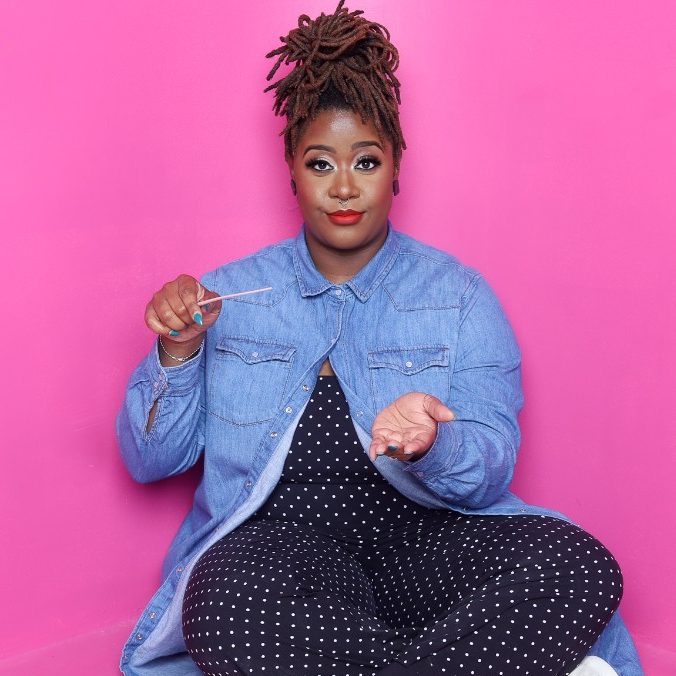
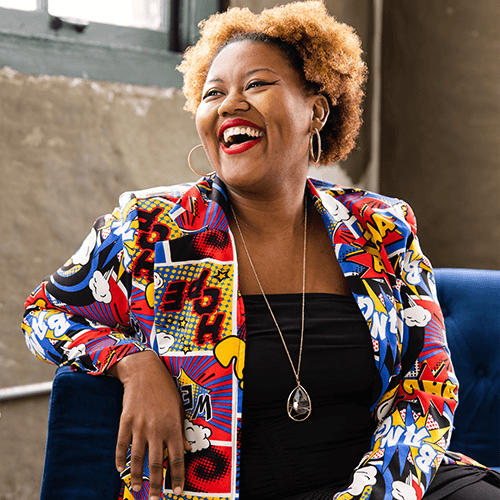

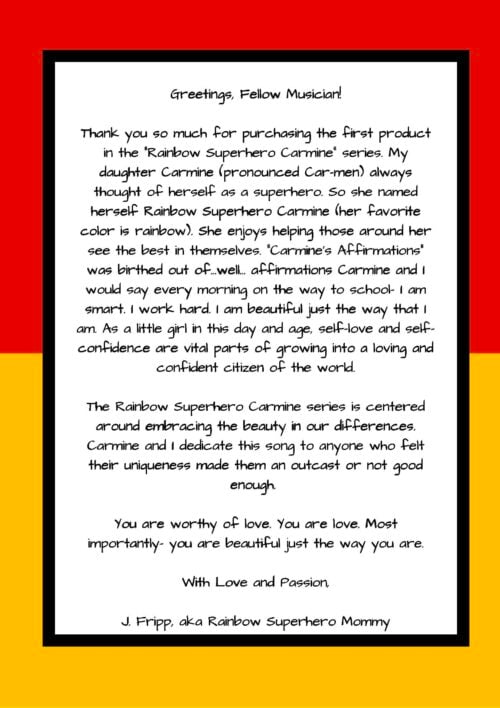
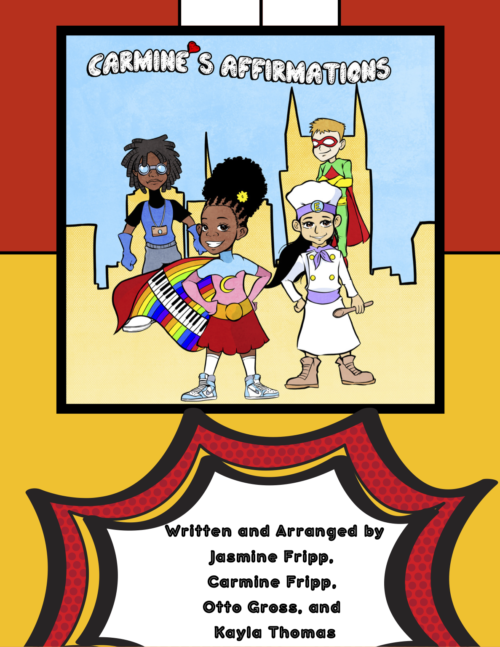

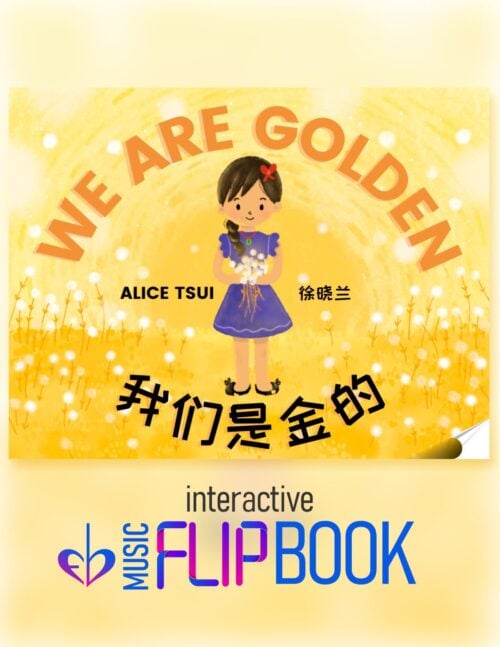
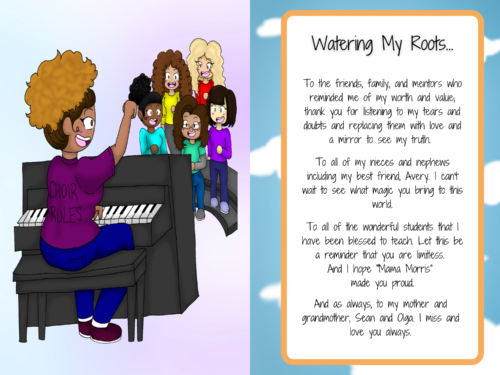
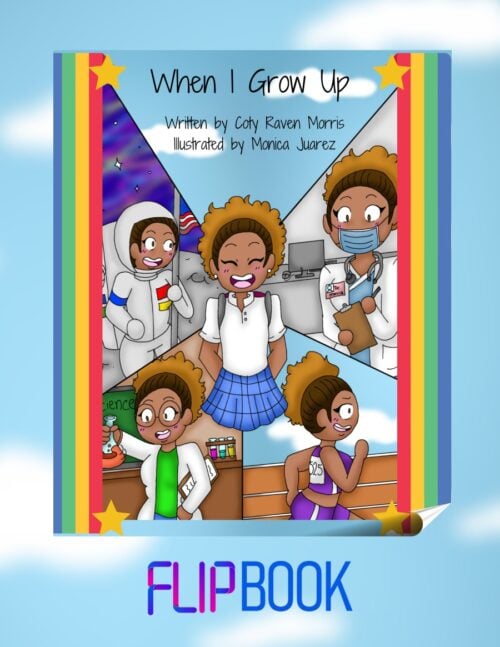
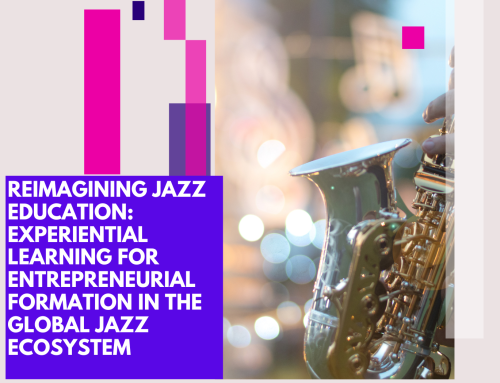

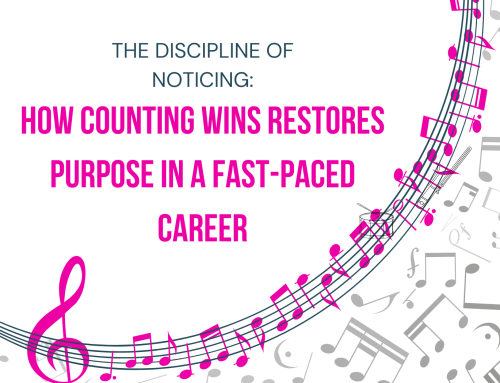
Leave A Comment